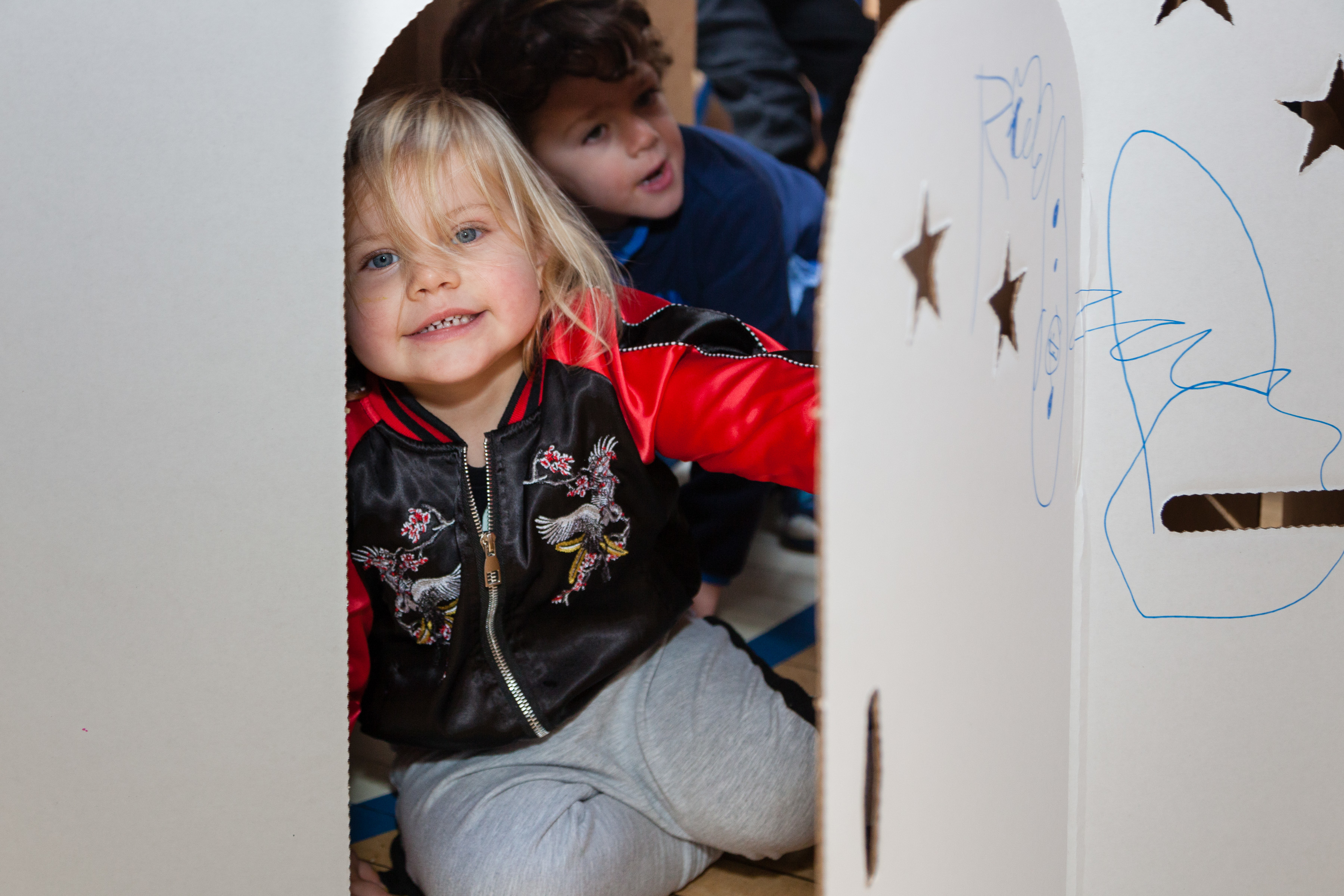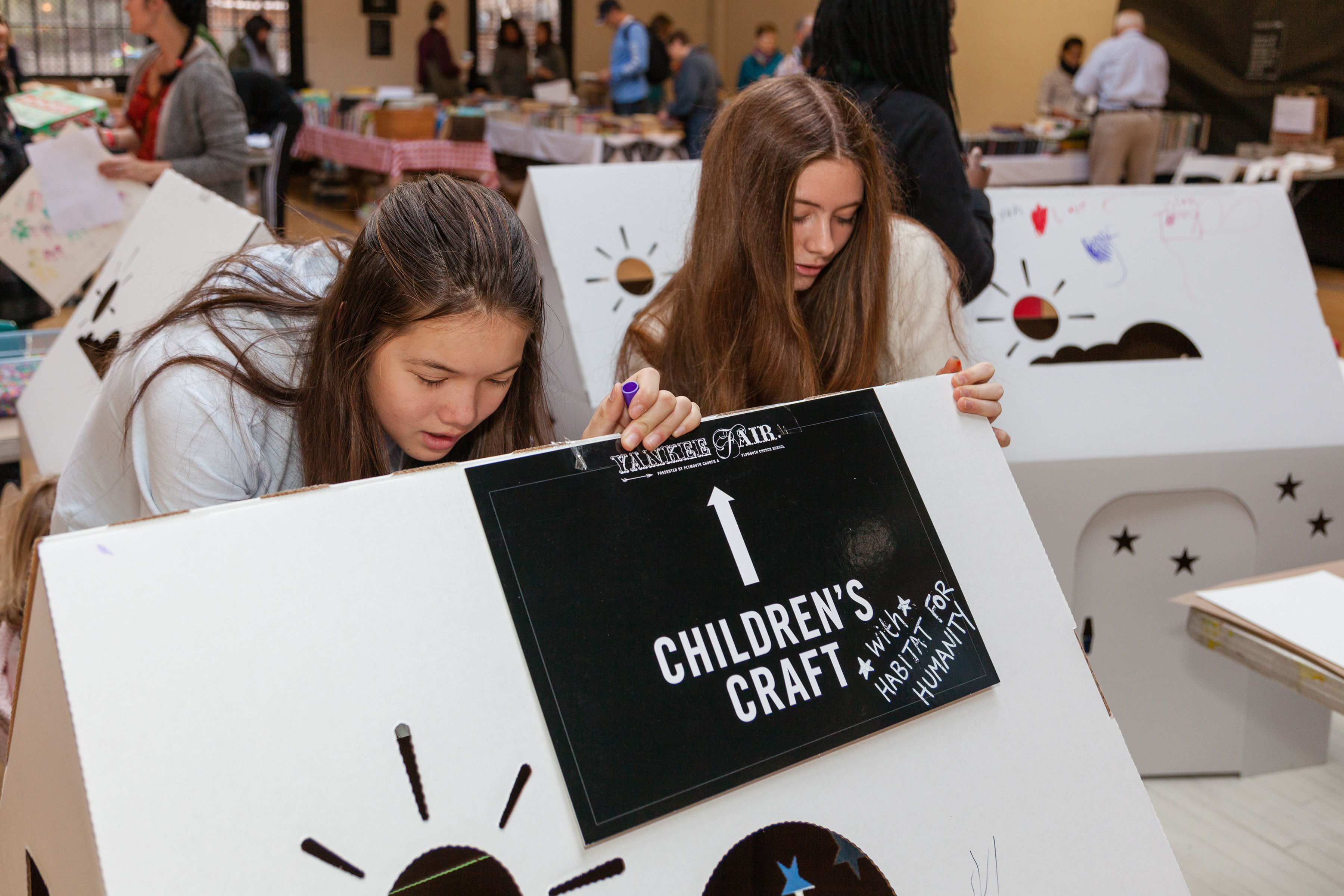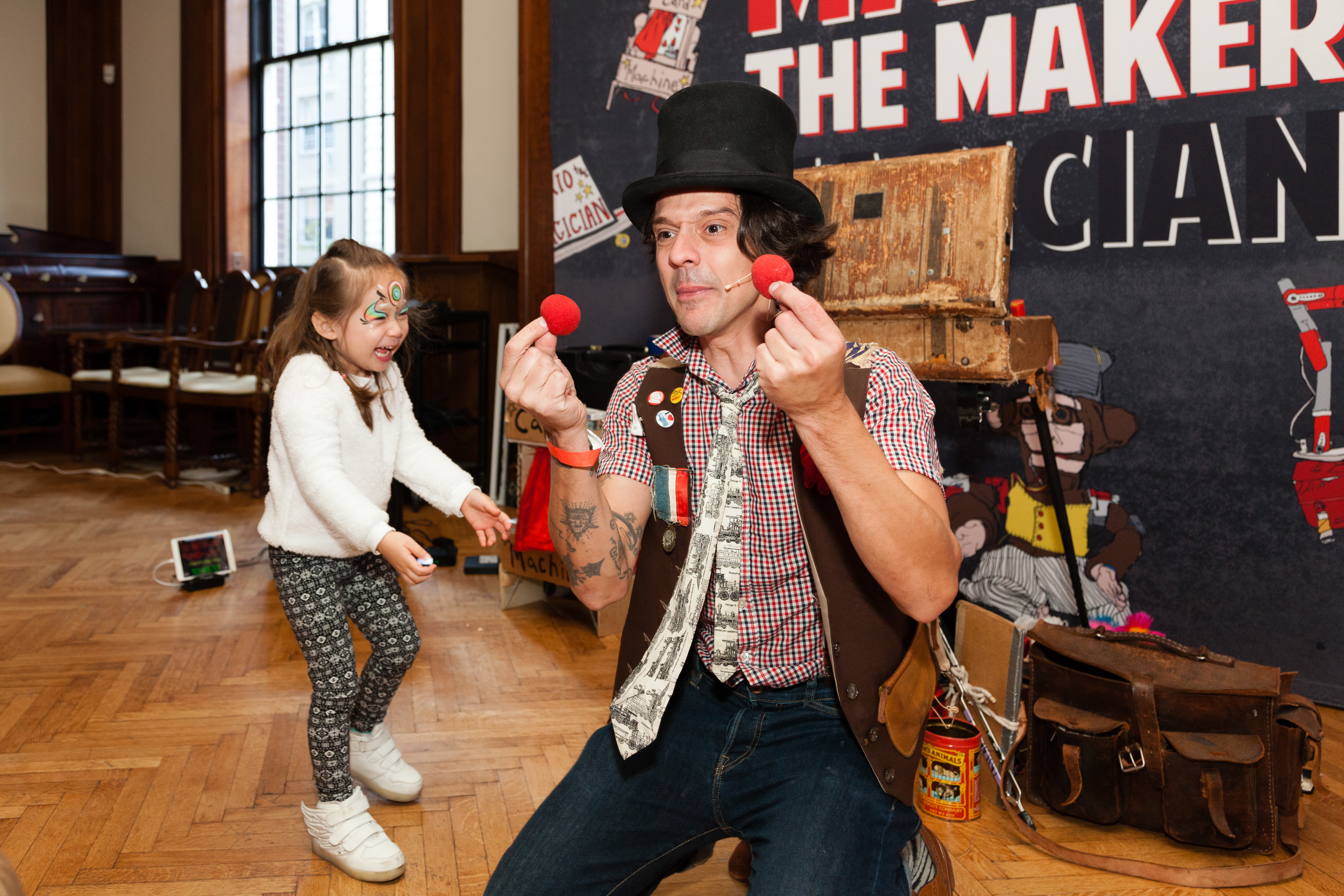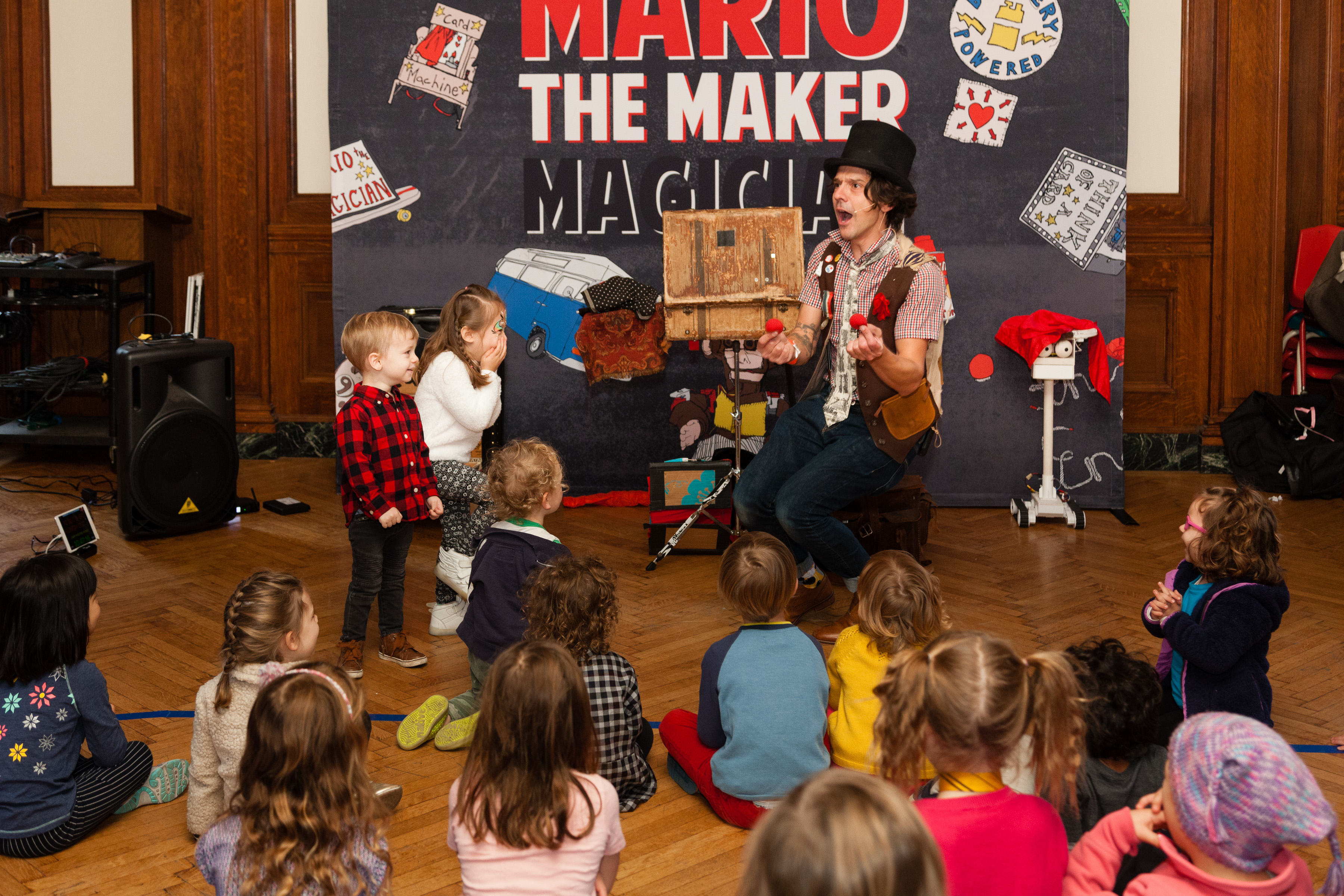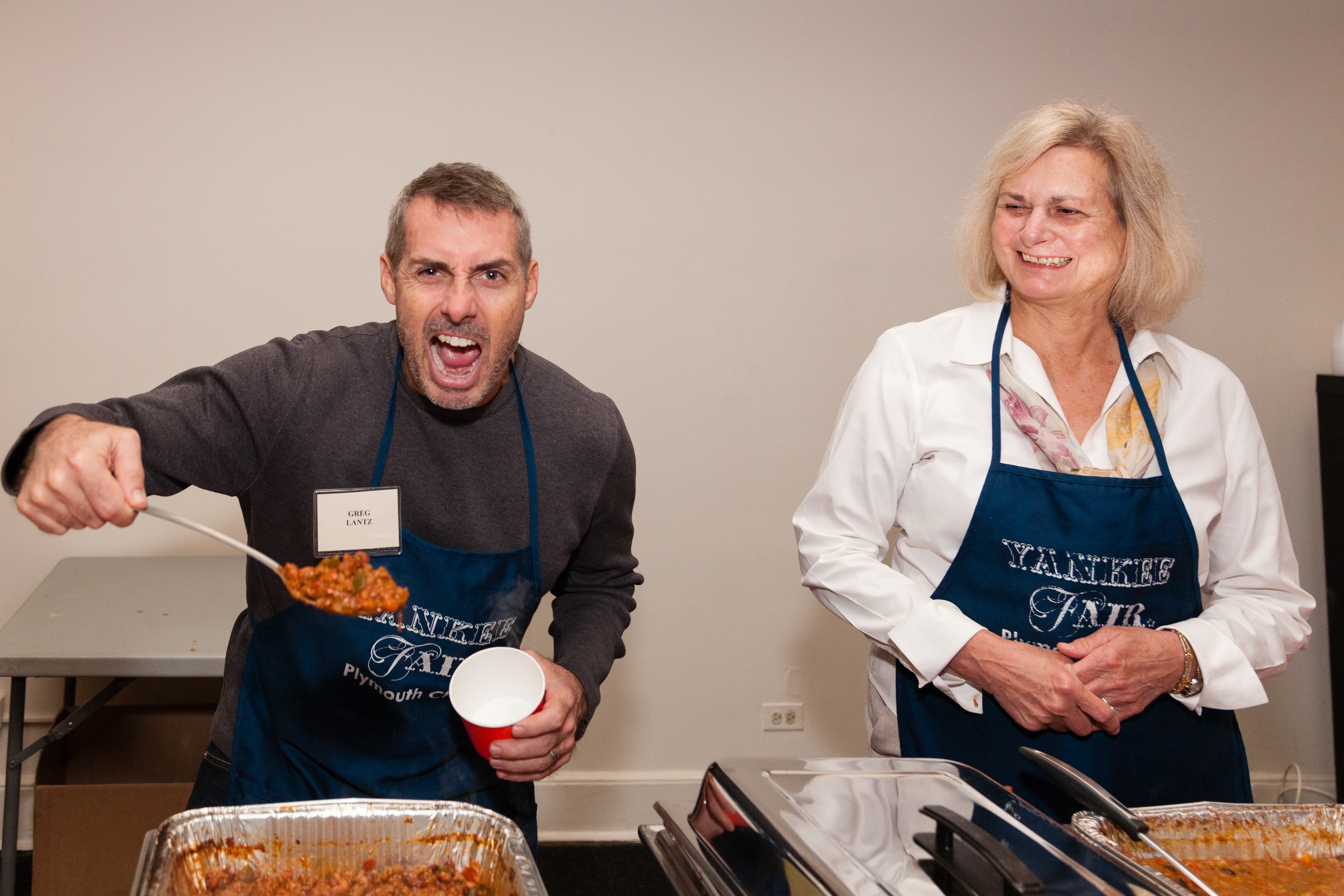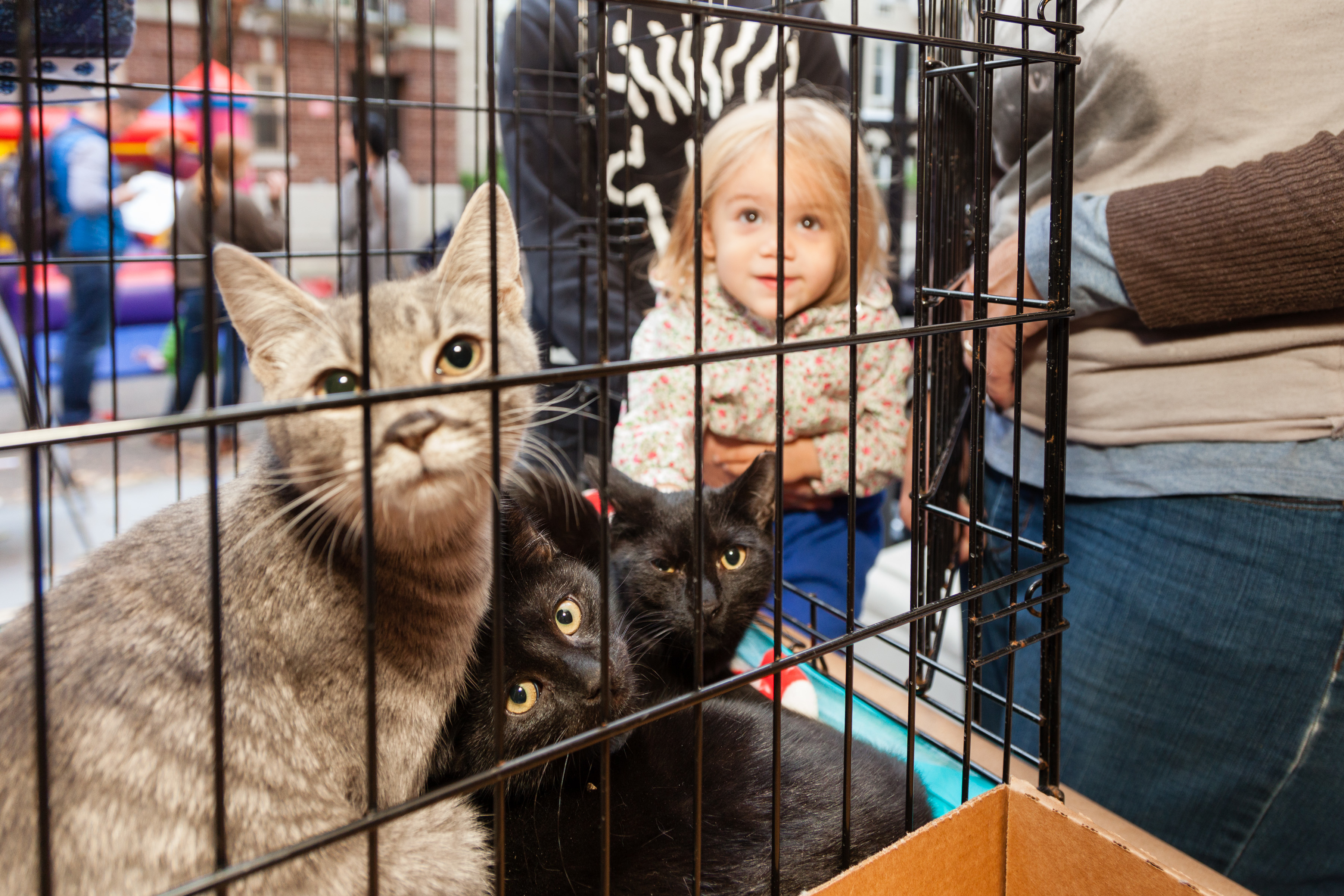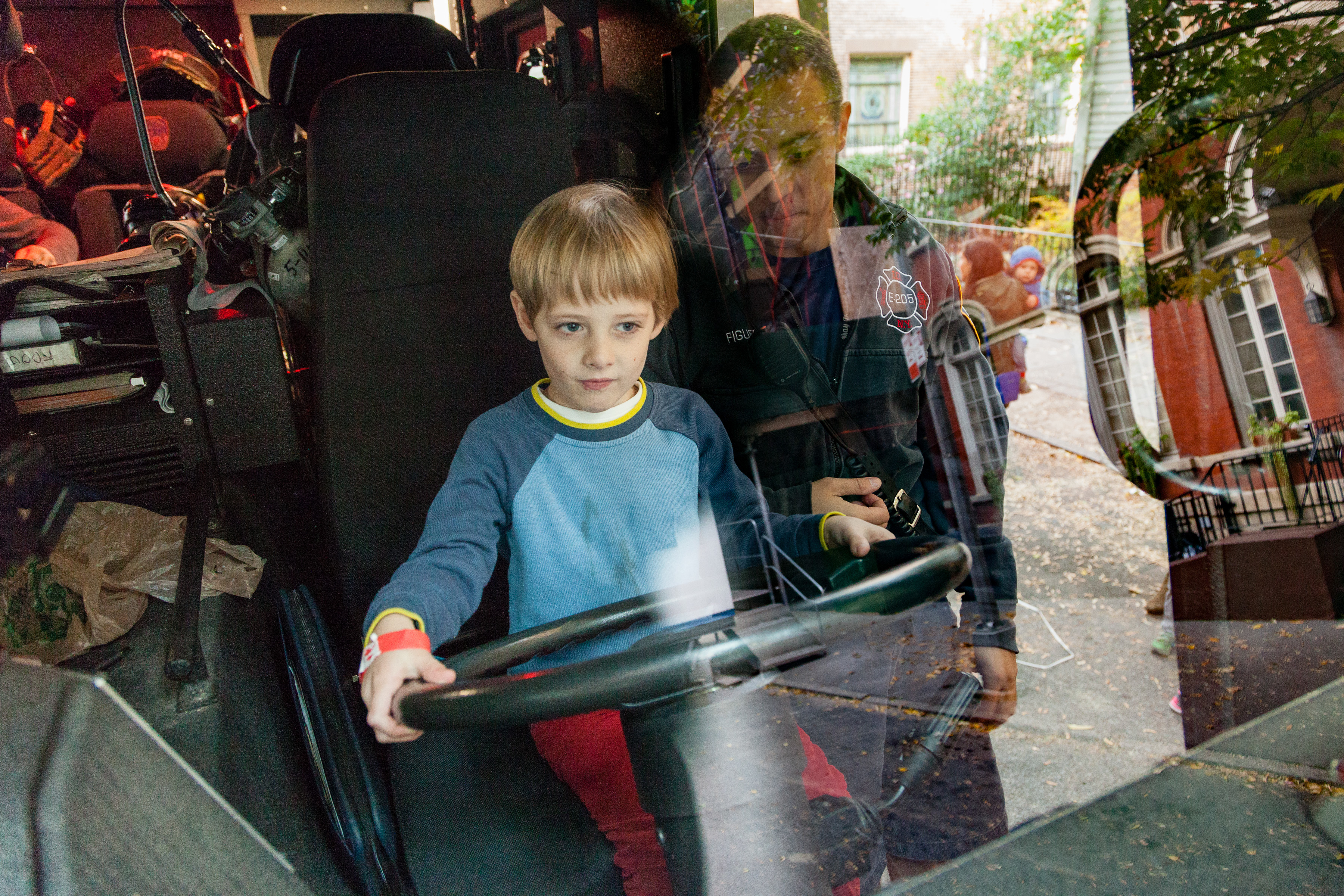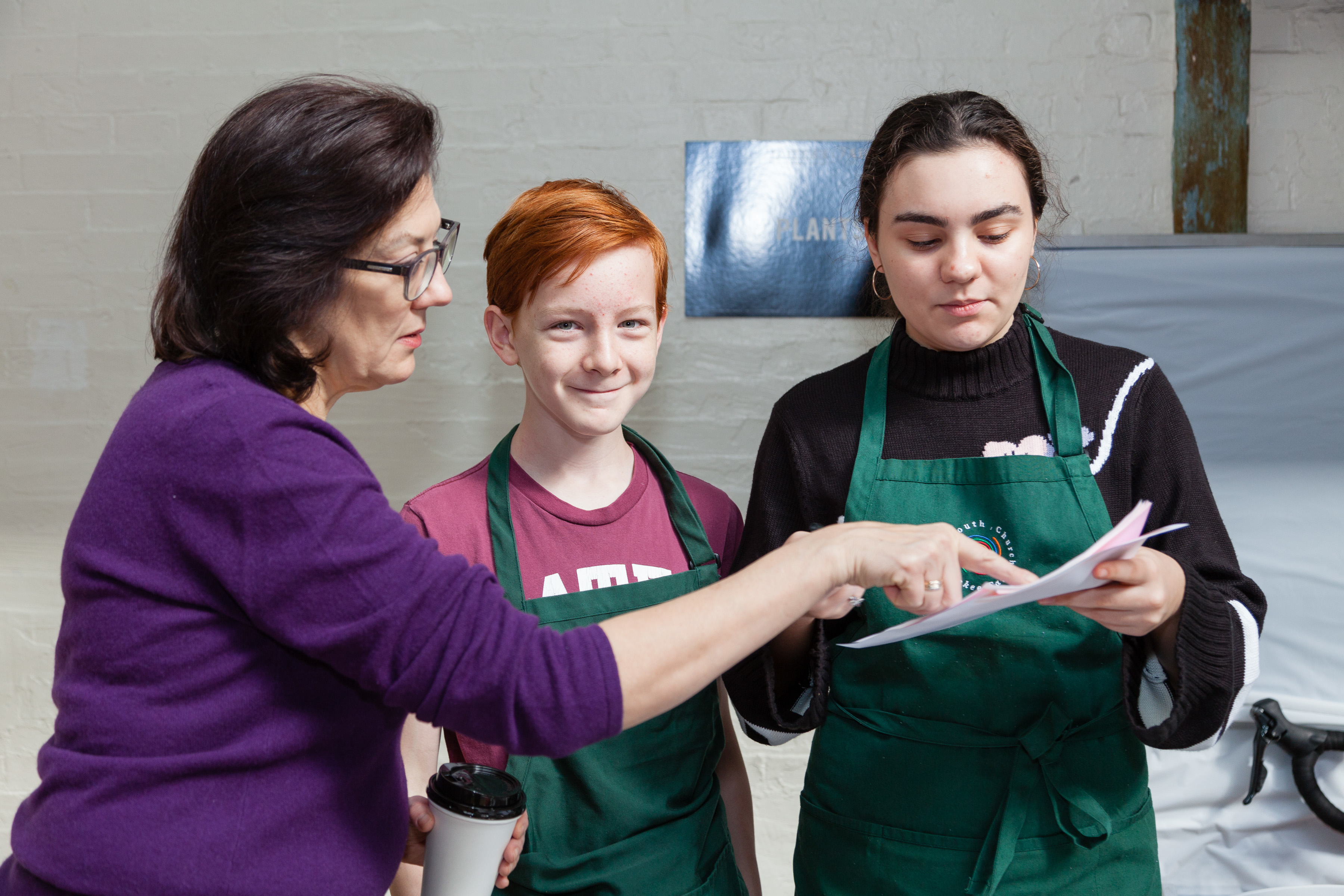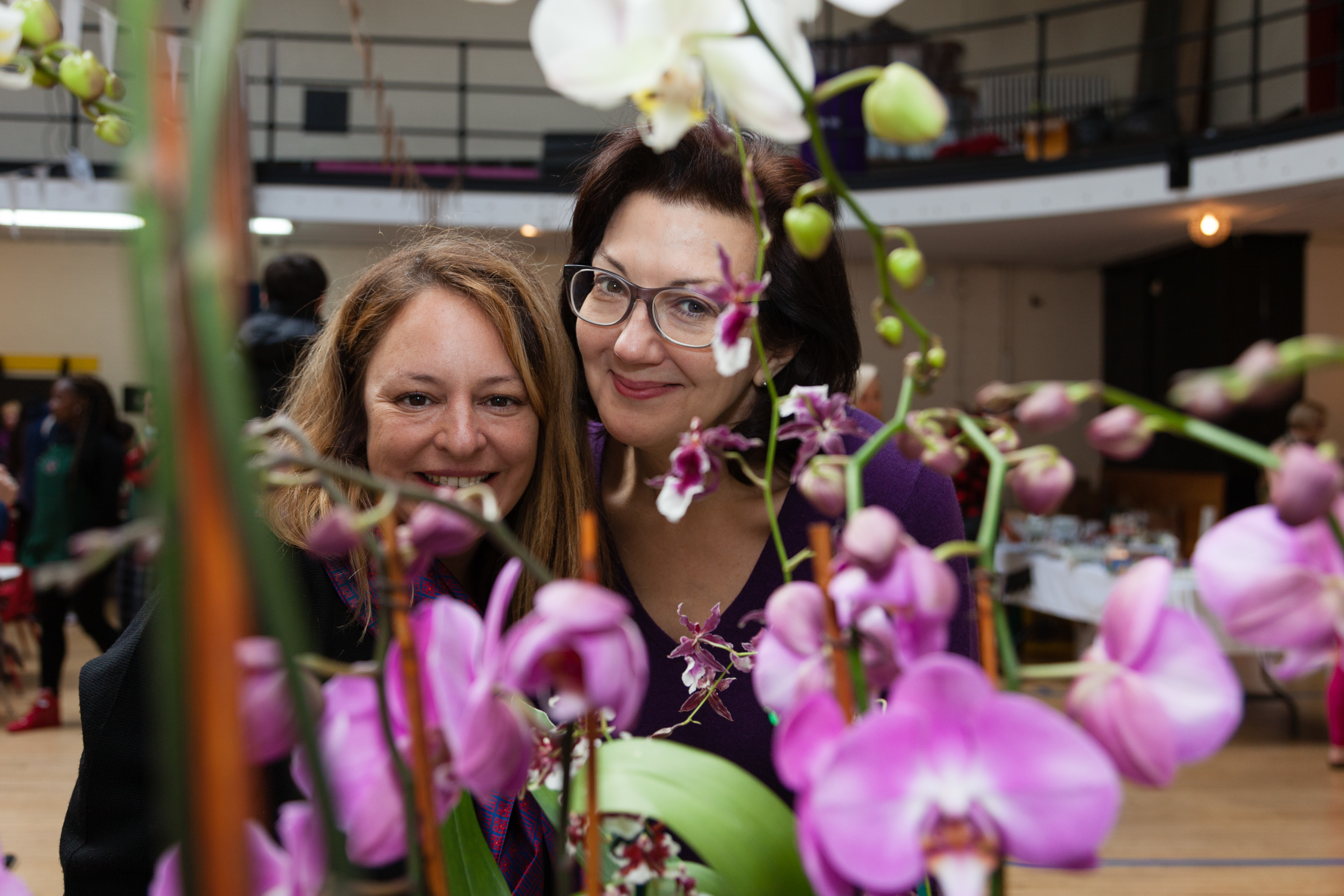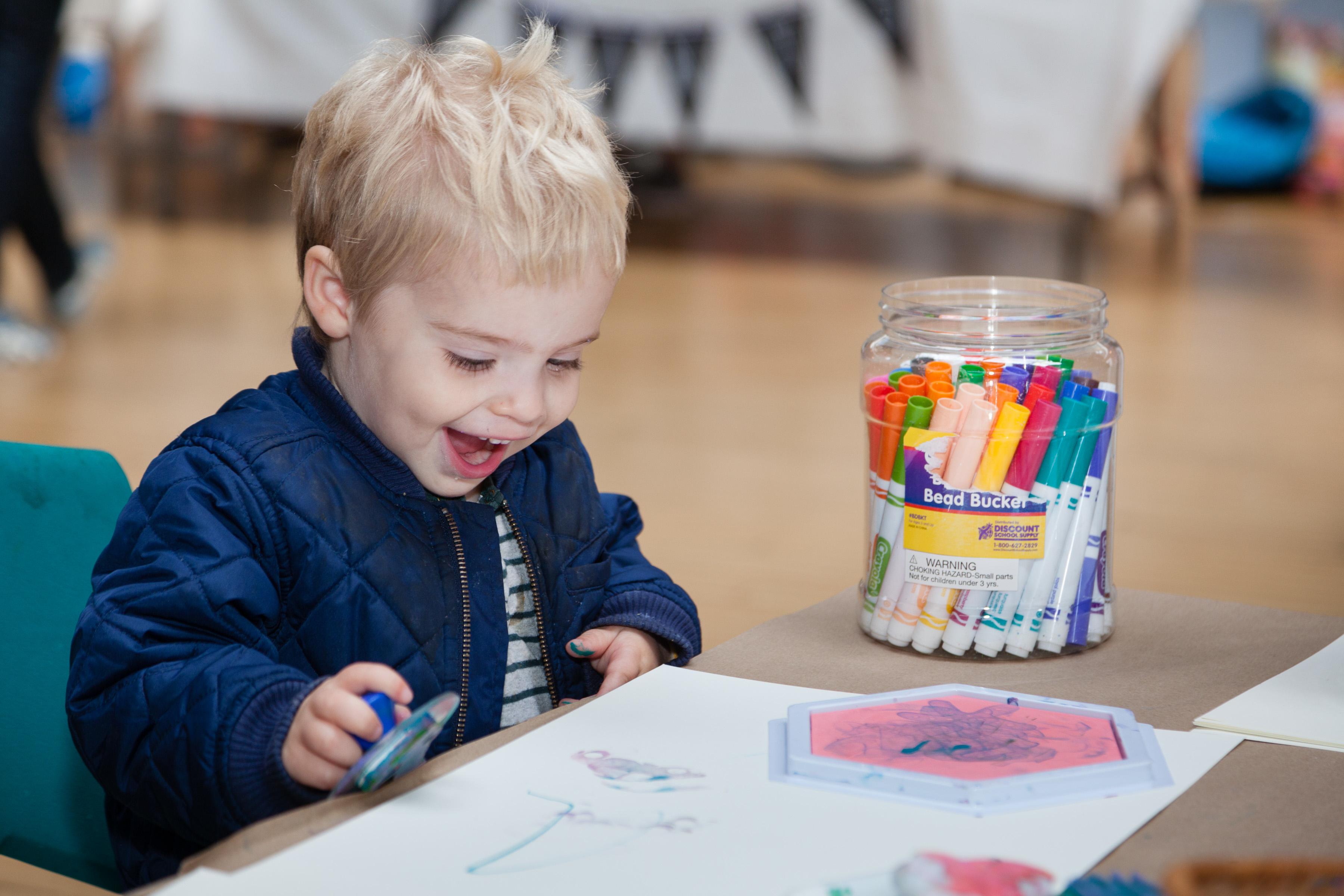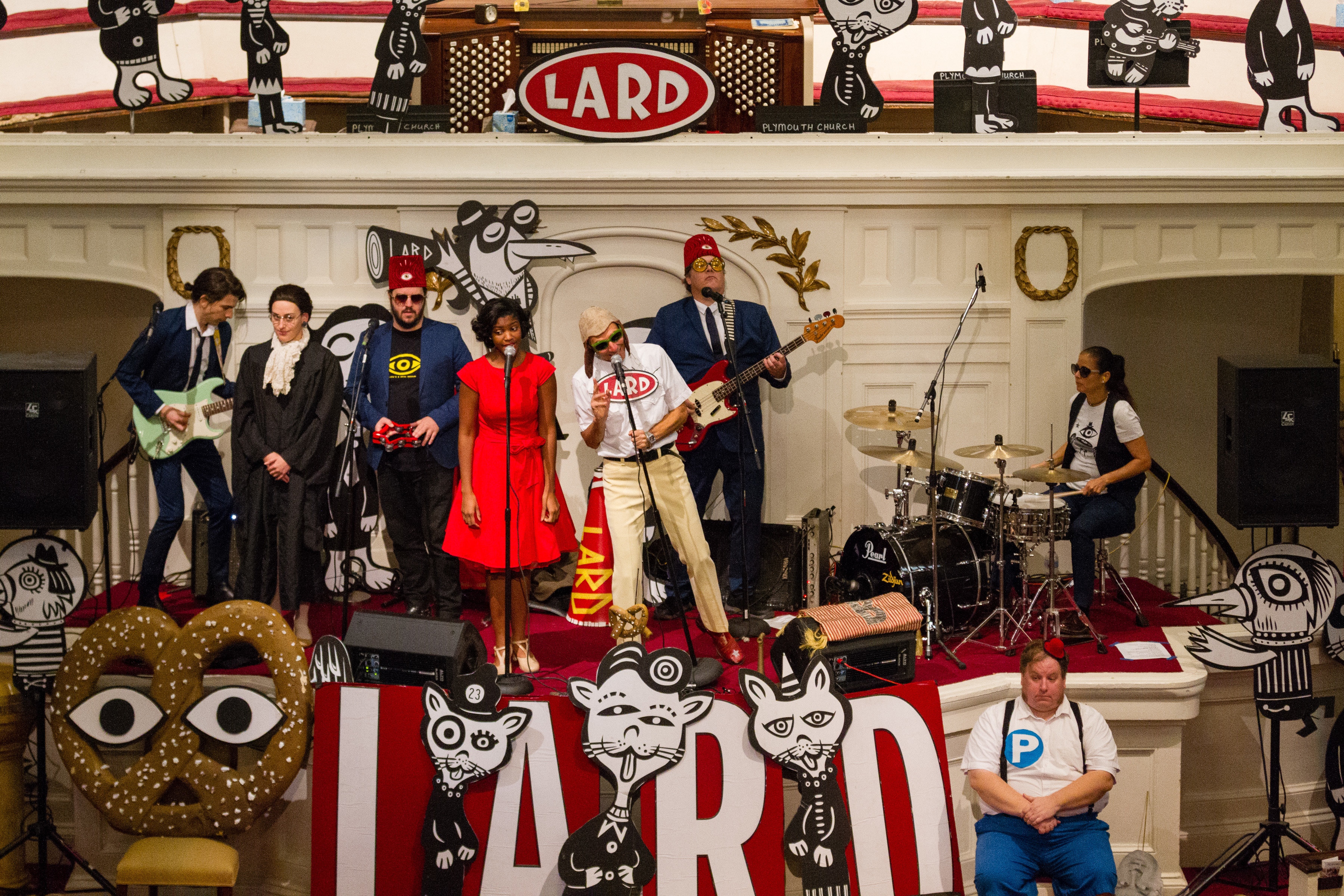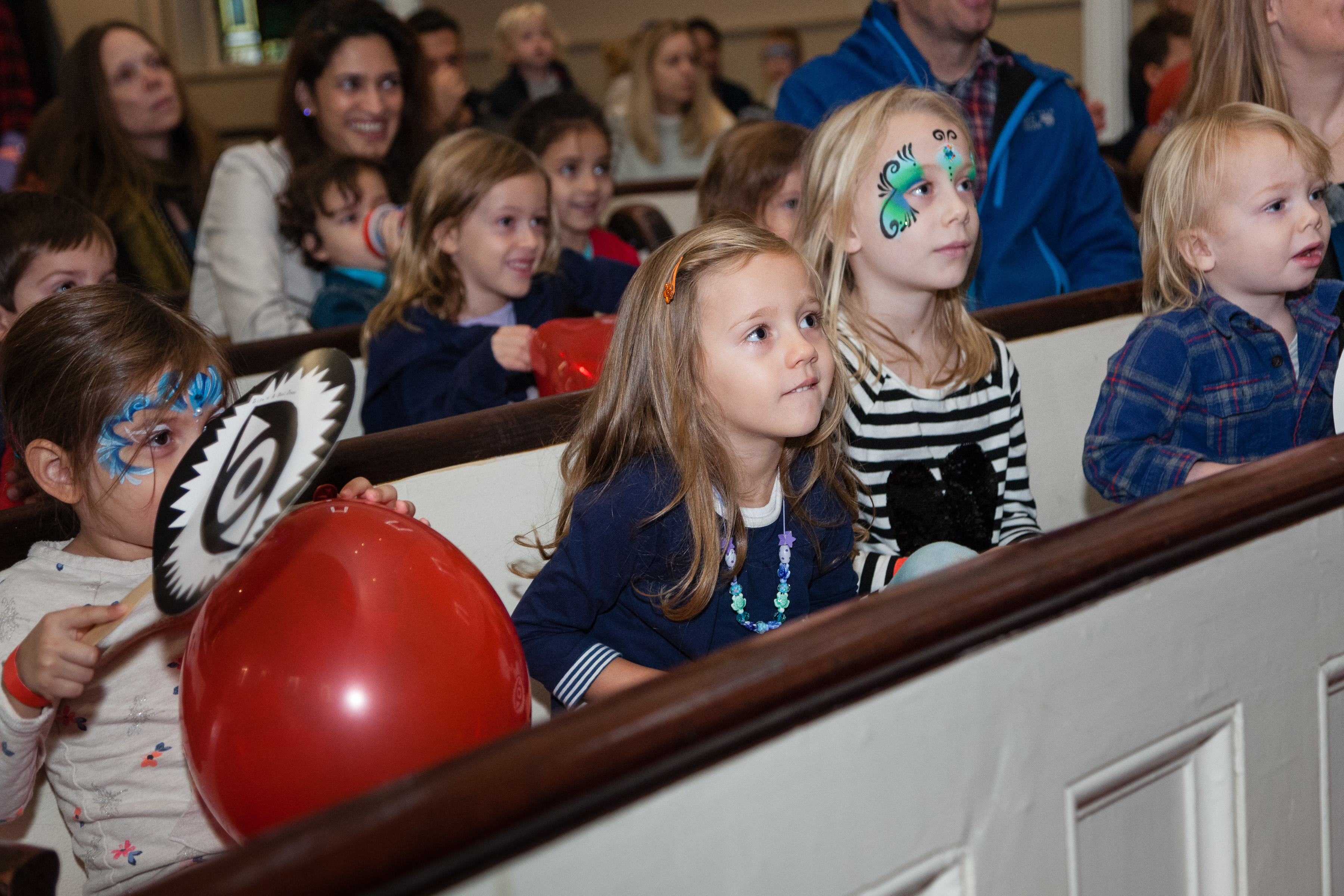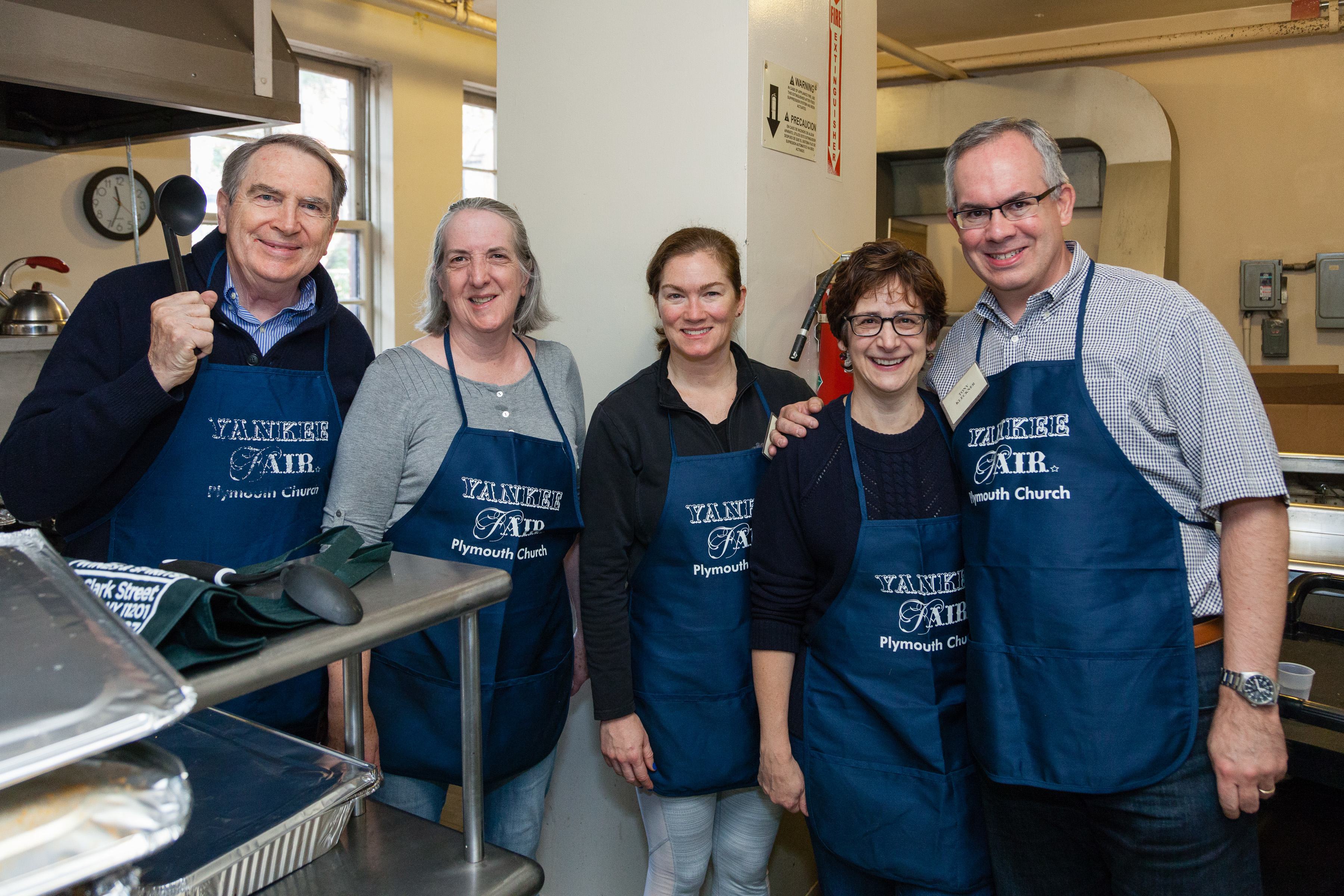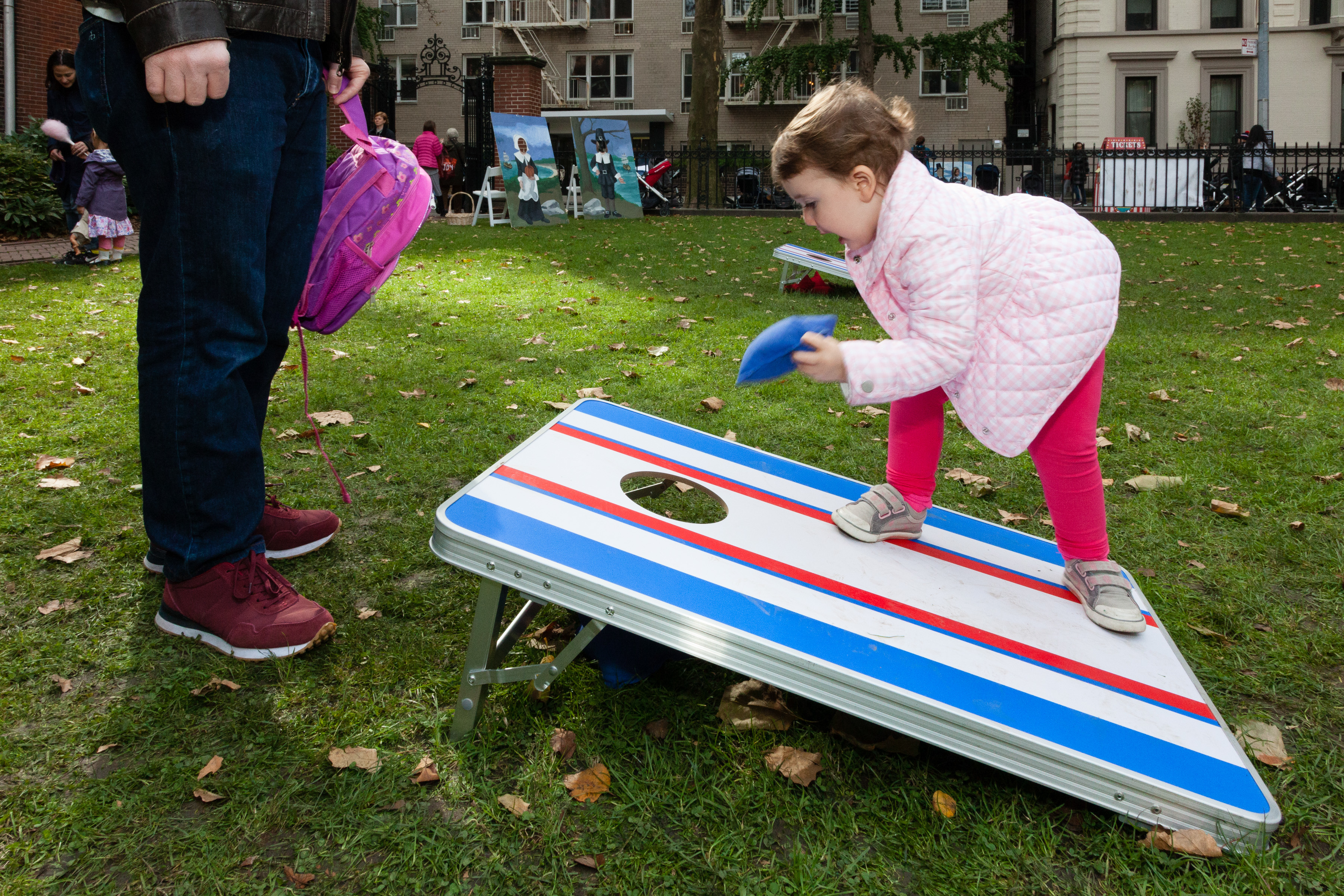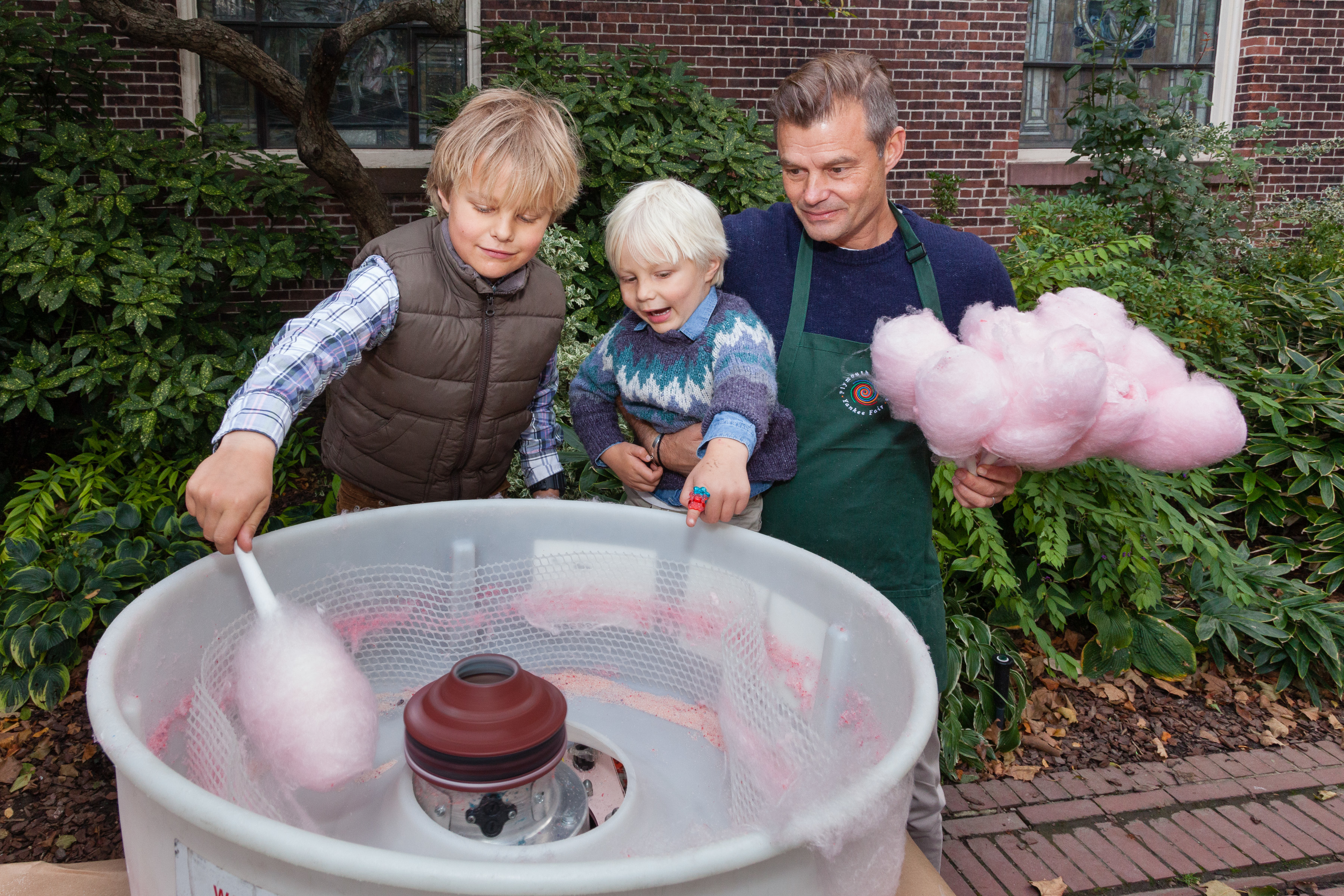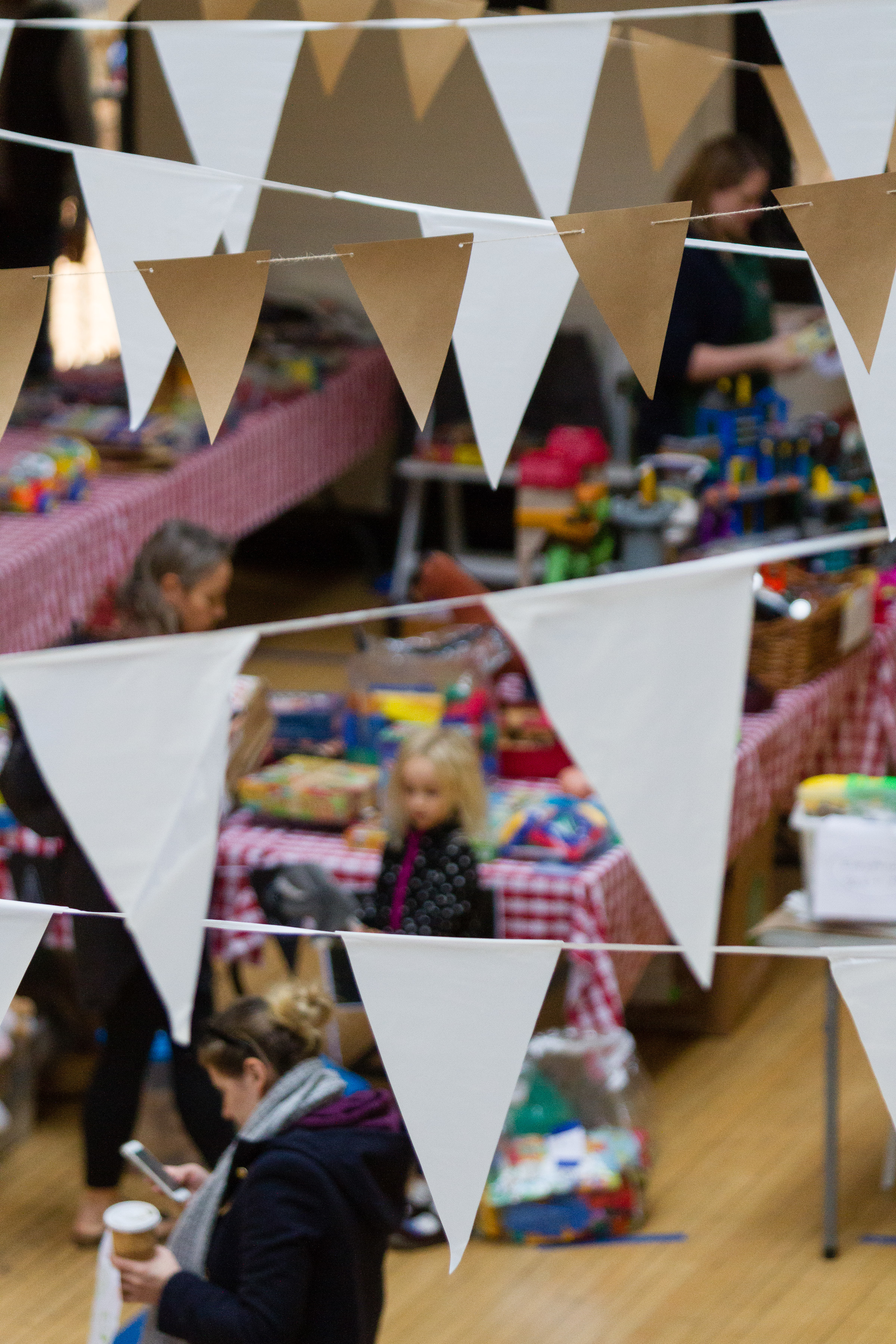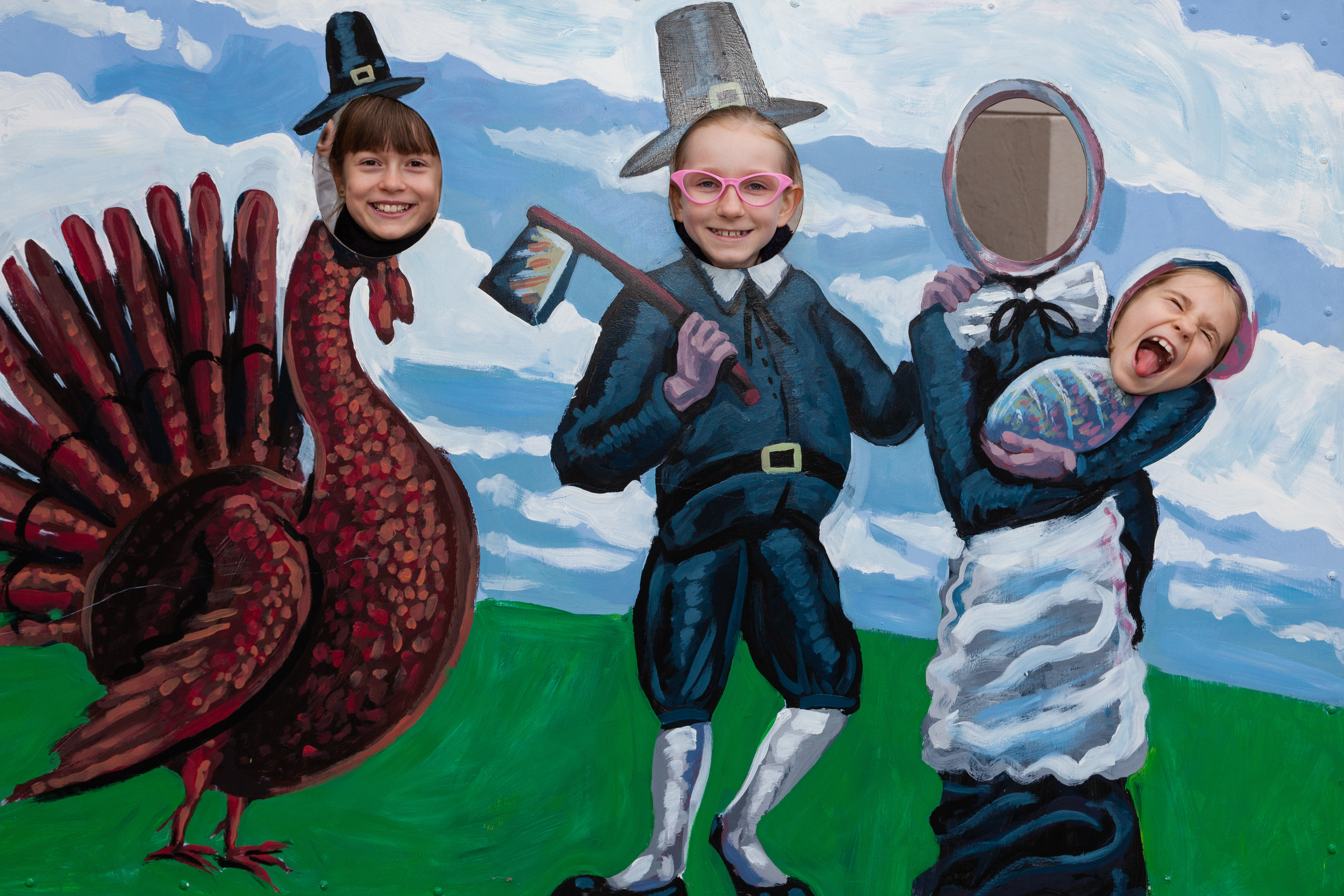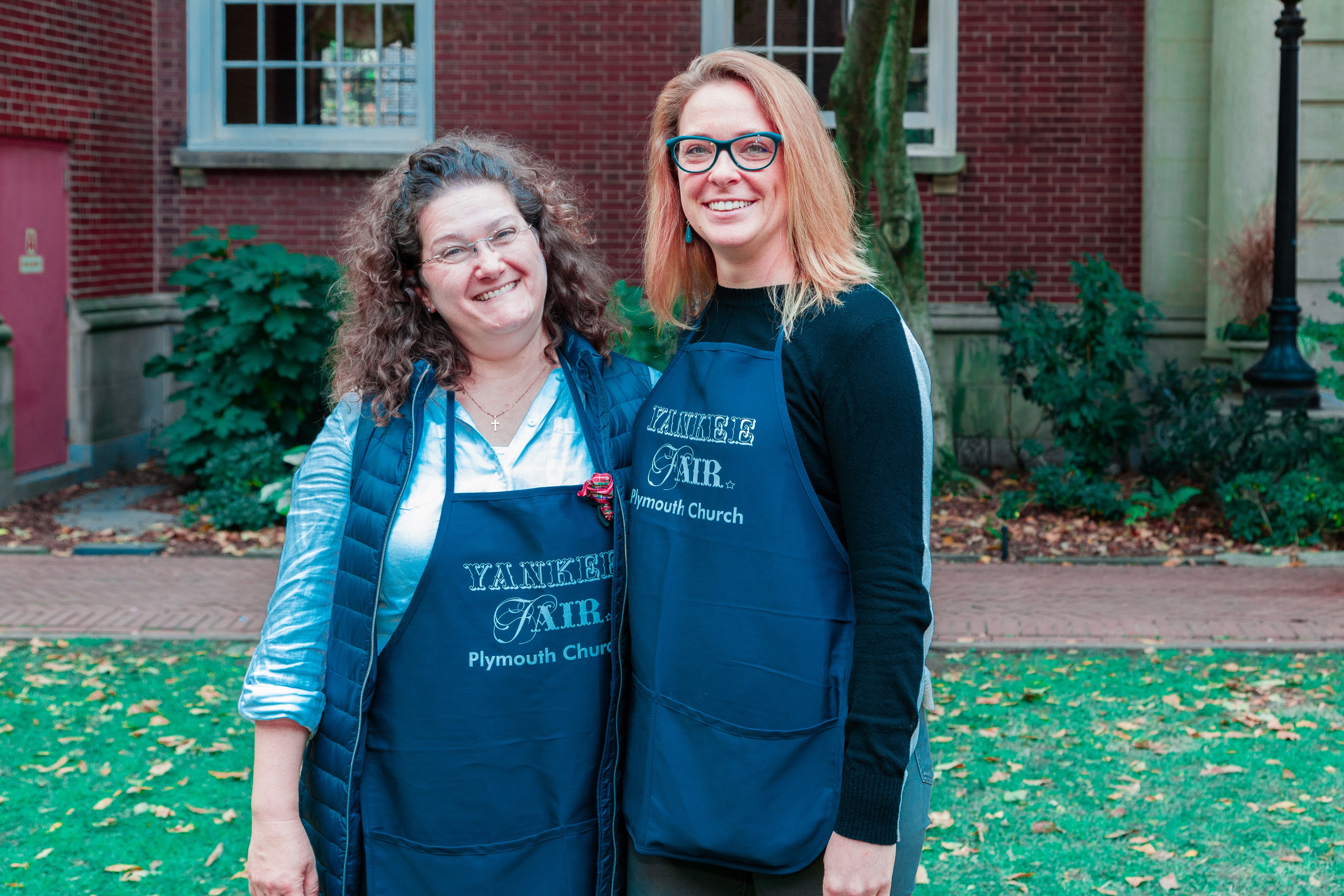“Fair of The Plymouth Church – Tomorrow, at 10 o’clock p.m., the ladies of the Plymouth church open their fair in the rooms devoted to the meetings of the ‘Social Circle,’ over the lecture room of the new church, in Cranberry street. We learn that the ladies of this church have had their fair in contemplation for a long time, and have wrought a great variety of useful articles which will be for sale at fair prices….”
When Whitney and I began our planning last Spring, we knew we had a big shoes to fill and big expectations to satisfy. We kicked off with a lunch for former YF chairs hosted by Sharon Humphries, which yielded over 10 pages of notes of many wonderful ideas, sage advice and warnings, as well as hilarious YF stories and finally (and thankfully) offers to help! One big take away from that meeting was that a Yankee Fair is really only as great as the sum of its booth chair. With that in mind, Whitney and I buckled down recruiting our leadership level volunteers. Many coffees, emails and meetings later we were staffed.
Historically, the leadership at Yankee Fair has tended toward the female, but given all the dedicated men in our community, we wanted to expand our volunteer base, so we asked David Burrell to lead the men’s group in the service of lunch. A daring task which he nonetheless accomplished with fierce determination. We applaud the men who served lunch on November 4 and we pity those who did not. David Burrell has your number and knows where you live!
Much of what happens at Yankee Fair, comes together at the last minute of activity. However some things, such as the coordination of the children’s programming, or lunch, or the creation of all the handmade items, happens for months leading up to the fair. For example, Penelope Kulko served many pots of delicious soups which warmed the stomachs of many crafters on many late nights spent cutting and glueing.
Which leads me to this most important observation: fellowship, whether it be found in the sorting of collectibles, toys, books, the serving of lunch, the hanging of buntings or in the flitting about coffee hour with a clipboard to sign up unsuspecting potential volunteers, is the true result of a Yankee Fair well planned. In fact, the best part of Yankee Fair is not the fair, but the collaborative work that makes the fair an actual fair. What Whitney and I eventually learned on November 4, 2017, is that Yankee Fair is not so much an event to be chaired, as it is a vital part of the church which requires faithful stewardship. You take your turn at the helm, and leave good notes for those who will follow you.
The first fair of 1849 was a benefit to furnish the rooms of the church. Since those early days it has become the tradition of Yankee Fair to find a charity recipient that the entire Church, Church School and neighborhood can all feel comfortable supporting together. This year, while our neighborhoods undergo significant changes in the affordability in a place that everyone can call home, we thought Habitat for Humanity provided a perfect balance for these various constituents – and it helped that our Christian Help Ministry already had a long standing relationship with the organization. Having their staff come and participate in the fair with an educational craft event for children in the gym only added to the festivities. We are very grateful to be able to present them with a check for approximately $9,000!
So now as Whitney and I upload the last of our notes to the Yankee Fair Dropbox, we do so with knowledge that Yankee Fair 2019 will be every bit as wonderful as was the Yankee Fair of 2017 due to the strength and vibrancy of our entire community. Thank you to everyone for making it such a success!
